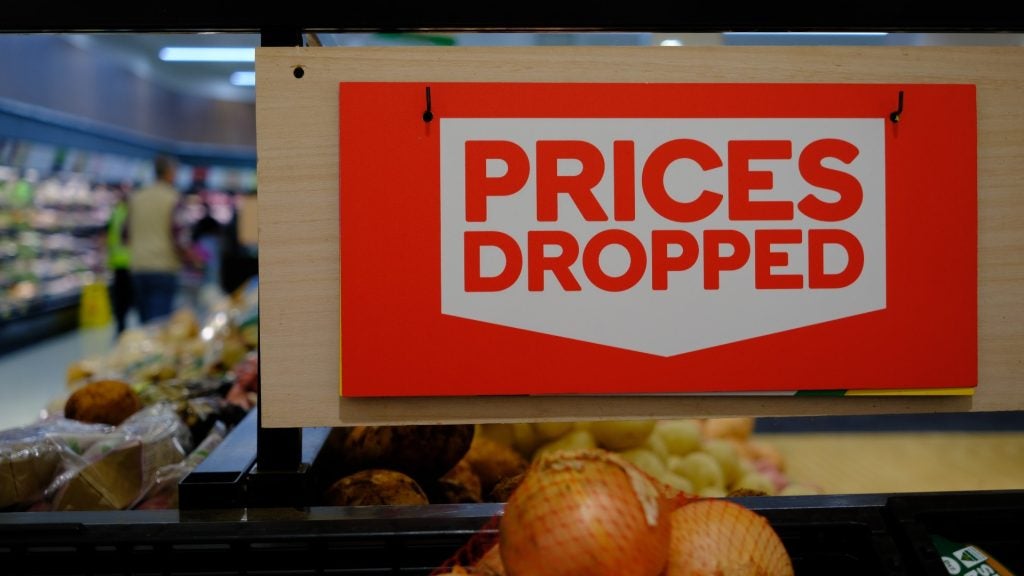When you think of search bars, you think of Google. When you want to know the answer to anything you ‘Google’ it. The word has become a key piece of vocabulary for most of us and it is certainly a household name. You could go as far as to say it is integral to our lives.
The platform has come leaps and bounds in its twenty-five years and it remains a leader in providing insights into consumer search behaviour, allowing retailers to engage with their customers more frequently and with purpose.
But, with the shift away from third party cookies, how can retailers and brands sustain an unforgettable experience that keeps customers returning time and time again? And how can they gain enough trust to keep their business afloat?
Harnessing golden insights
Google has been at the forefront of disruption for decades and the platform serves as a constant reminder of how integral data and technology are to our lives, and to the retail industry, especially creating opportunities to acquire new customers and strengthen existing relationships, as well as leverage large quantities of customer data. The next step for Google’s evolution as it enters its 26th year is to shift away from third party cookies, opting for first party data insights instead.
It is essential that the handling of corporate and personal data is polished. A good reputation and properly managed data go hand in hand. Customers feeling comfortable providing their data and willingly opting in will be key to the success of the modern retail industry.
To gain that trust, retailers should be transparent in what they do with customer data once it’s collected and communicate regularly on how it is being used. Allowing customers to opt in or out of data collection and to know when and where it is being used means they are more willing to share in future.
In exchange for transparency and maintaining proper data protocols, retailers will receive wealthy insights into their customer base and customers will receive a highly personalised experience. This first party data can be a gold mine for retailers who can use it to create targeted ads, custom offers, and even show customers more of what the retailer thinks they might like to buy, increasing chances of a sale.
Standardising data pools in retail
In order to master the approach to first party data, integration strategies can ensure that retail data is kept in sync and standardised across linked applications and departments, so customer data is only being used in line with existing usage rights and hasn’t unintentionally been fed into, or left out of, a particular platform.
Data sharing through automation will help to reduce challenges around poor data quality. Implementing it will mean enhancing productivity, creating a trusted and governed database, and enabling cross-functional analytics to drive improved insights.
To add to this, new and emerging technologies such as AI tools are becoming critical to a number of industries, including retail. There is a question over data regulation here too and how to regulate safe usage. It’s yet another area we need to keep an eye on. This goes hand in hand with ensuring any customer can trust a retail business with their information.
As customers become more hesitant to provide their data, it is up to retailers to build that trust and paint themselves as a reliable, reputable brand that truly cares. The customers, in turn, will receive an unforgettable customer experience, leading to increased loyalty and, ultimately, increased sales.
About the author: Gert-Jan Wijman is VP of the EMEA division at integration platform as a service provider Celigo.















